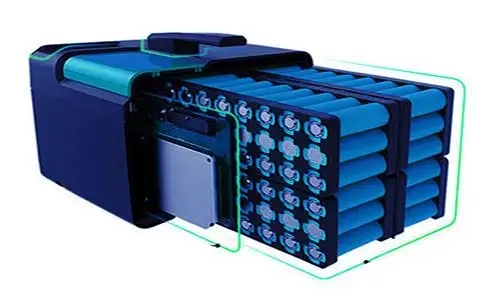-
Call Us
0086-592-7161550 -
Email us
ping@aotbattery.com -
Skype
ping@aotbattery.com
Call Us
0086-592-7161550Email us
ping@aotbattery.comSkype
ping@aotbattery.com
Lithium iron phosphate battery refers to a lithium ion battery that uses lithium iron phosphate as a positive electrode material. The battery cathode materials of lithium-ion batteries mainly include lithium cobalt oxide, lithium manganate, lithium nickel oxide, ternary materials, lithium iron phosphate, etc. Among them, lithium cobalt oxide is the cathode material used in the vast majority of lithium-ion batteries. In terms of material principle, lithium iron phosphate is also an intercalation and deintercalation process, which is exactly the same as lithium cobaltate and lithium manganate.

1. Improvement of safety performance
The P-O bond in the lithium iron phosphate crystal is stable and difficult to decompose. Even at high temperature or overcharge, it will not collapse and generate heat like lithium cobalt oxide or form strong oxidizing substances, so it has good safety.
2 Improvement of life expectancy
The cycle life of long-life lead-acid batteries is about 300 times, and the maximum is 500 times, while the cycle life of lithium iron phosphate power batteries can reach more than 2,000 times, and the standard charging (5-hour rate) can reach 2,000 times.
3. Good high temperature performance
The electric heating peak of lithium iron phosphate can reach 350℃-500℃, while lithium manganate and lithium cobaltate are only around 200℃.
4. Large capacity
Has a larger capacity than ordinary batteries (lead acid, etc.). The monomer capacity is 5AH-1000AH.
5. No memory effect
Rechargeable batteries often work under the condition of being fully charged, and the capacity will quickly drop below the rated capacity. This phenomenon is called memory effect.
6. Light weight
The volume of the lithium iron phosphate battery with the same specification and capacity is 2/3 of the volume of the lead-acid battery, and the weight is 1/3 of the lead-acid battery.
7. Environmental protection
Lithium iron phosphate batteries are generally considered to be free of heavy metals and rare metals (nickel-metal hydride batteries require rare metals), non-toxic (SGS certification), non-polluting, comply with European RoHS regulations, and are green batteries.

Tel/Whatsapp: 0086-592-7161550

Scan to wechat:
